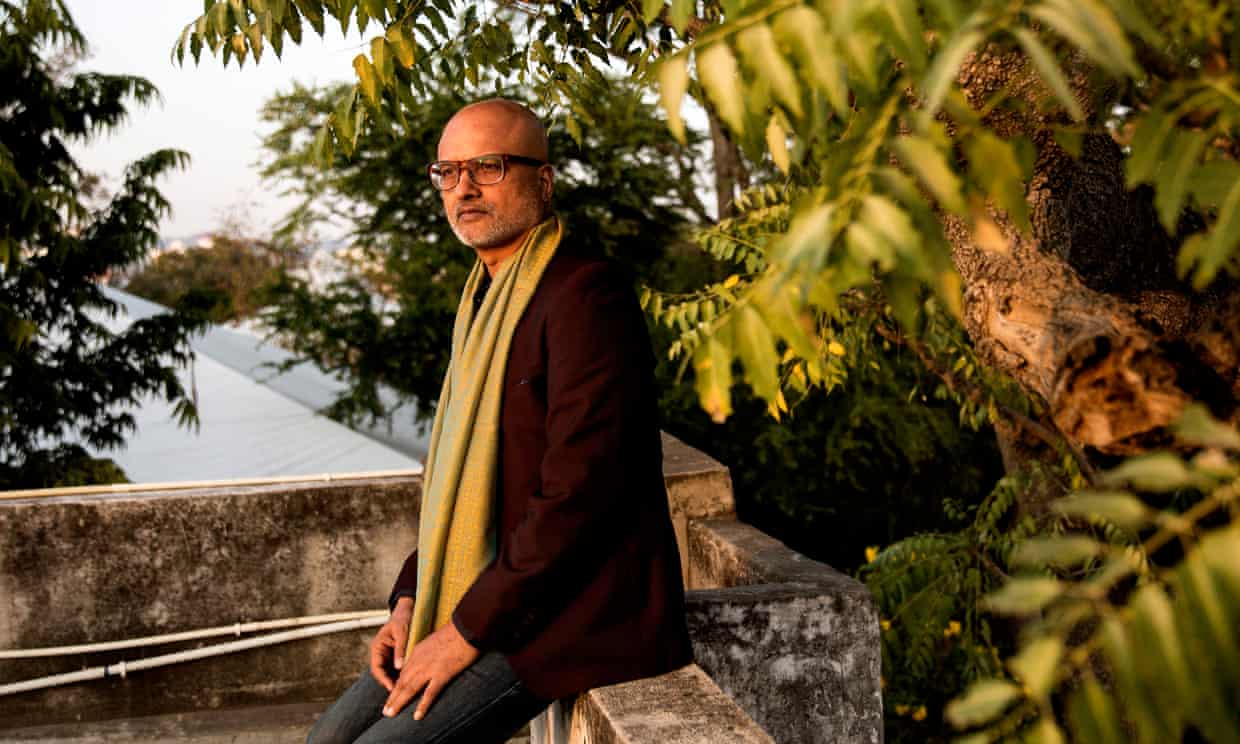
Books that made me
Jeet Thayil: ‘The last book that made me laugh? A book of poems by Narendra Modi’
The poet and novelist on the literary merits of the Indian Prime Minister and changing his opinion of TS Eliot
by Jeet ThayilThe book I am currently reading
Edna O’Brien’s Girl, which serves as a corrective to the creative writing rule “Write what you know”. There is no risk or honour in writing only what you know. What a banal world it would be if writers did not use their imaginations.
The book that changed me
Books have changed my life more than once, but it may be the earliest collisions that persist. If I had to name one novel I’d say The Brothers Karamazov, which I read in my early teens. The Russian novel is uniquely suited to India: the feudalism, the insanity disguised as religious fervour, the regard for the written word, the scattershot passion and hysteria. I admired the drunkenness of the prose, the digressions and exaltation, the way Dostoevsky wrote as if each page would be his last.
The book I wish I had written
Ottessa Moshfegh’s My Year of Rest and Relaxation, which seems to me a drug novel that transcends drug literature. There’s something about the flatness of the voice that may be as addictive as the pharmaceuticals favoured by the protagonist.
The book that had the greatest influence on me
I was 13 when I read Baudelaire, and the voice in those poems struck me as absolutely modern and weirdly timeless. When I started to write, I wrote poems in imitation of Les Fleurs du Mal, and I made a few translations as well, into English. From those acts everything followed, for better or worse.
The book that is most overrated
Rabindranath Tagore’s Gitanjali.
The book that changed my mind
I grew up admiring TS Eliot, as did most poets in the second half of the 20th century. Later, as a graduate student at Sarah Lawrence College, one of my teachers was the poet Gerald Stern, who interpreted The Waste Land as a compendium of antisemitic and racist slurs. It changed my understanding of Eliot, and my regard.
The last book that made me cry
Eunice de Souza’s Learn from the Almond Leaf and Vijay Nambisan’s These Were My Homes. In the watery context of Indian poetry, De Souza and Nambisan are rare originals. They died within 12 days of each other, in 2017. These last books distil a lifetime of reading and experience into short lyrics of tremendous power and delight.
The last book that made me laugh
Journeys, a book of poems by India’s prime minister, Narendra Modi, written in Gujarati, translated into English, and published by a reputable house. My laughter may have been sardonic – this book was printed while important Indian poets are unable to find a publisher.
The book I couldn’t finish
Too many to name: I believe you should not read to the end a book that leaves you cold. Life is too short and time is a grenade.
The book I’m most ashamed not to have read
Bartleby the Scrivener by Herman Melville.
My earliest reading memory
Peter Duck, third in the Swallows and Amazons series by Arthur Ransome. And Joyce’s Ulysses, borrowed without permission from my father’s home library at a time when it was considered obscene.
My comfort read
Crime novels: the bloodier, the better.
The book I give as a gift
MFK Fisher’s Consider the Oyster, which can be read at a sitting, though it will make you crave two dozen oysters on crushed ice chased with a shaker of vodka martinis.
• Low by Jeet Thayil is published by Faber (£14.99). To order a copy go to guardianbookshop.com. Free UK p&p over £15.